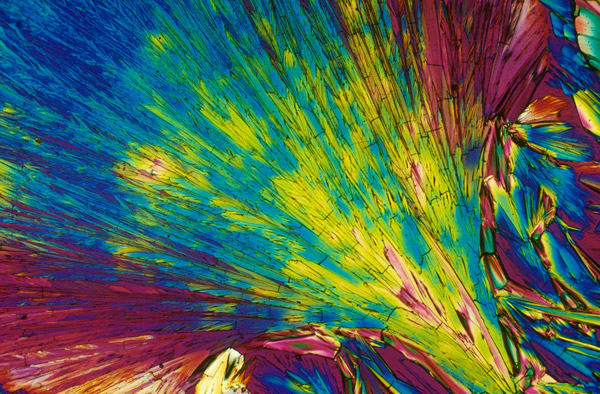 L-phenylalanine (2-Amino-3-phenyl propionic acid; abbreviated: phe) is an aromatic amino acid with a polar side chain. It was isolated from lupins in 1881 by the chemist Ernst Schulze (1840-1912). L-phenylalanine is a proteinogenic amino acid and is a component of almost all proteins with a share of 4-5 %. It is just as widespread in the active natural world as it is in foods. In terms of nutritional physiology, L-phenylalanine is one of the essential nutrients, which must be absorbed with foods in sufficient quantities to meet demand.
L-phenylalanine (2-Amino-3-phenyl propionic acid; abbreviated: phe) is an aromatic amino acid with a polar side chain. It was isolated from lupins in 1881 by the chemist Ernst Schulze (1840-1912). L-phenylalanine is a proteinogenic amino acid and is a component of almost all proteins with a share of 4-5 %. It is just as widespread in the active natural world as it is in foods. In terms of nutritional physiology, L-phenylalanine is one of the essential nutrients, which must be absorbed with foods in sufficient quantities to meet demand.
Functions of L-phenylalanine
- L-phenylalanine is an important building block of virtually all of the body's own proteins. It is also an essential precursor of L-tyrosine. Around 75 % of the phenylalanine introduced via food is generally required for the formation of L-tyrosine. L-tyrosine itself makes a contribution to the normal synthesis of catecholamine and helps with the normal synthesis of dopamine. Like L-tyrosine, L-phenylalanine can also be converted into fats or glucose when required. The natural substance is therefore one of the glucoplastic and ketoplastic amino acids..
Useful information.
- L-phenylalanine is the precursor of L-tyrosine. On average, around 75 % of L-phenylananine absorbed with food is required for tyrosine synthesis.
Information on production technology
- INTERCELL Pharma only uses the highest purity L-phenylalanine extracted by way of a biological fermentation process. The production consciously avoids raw materials of animal origin.
© Intercell Pharma GmbH



